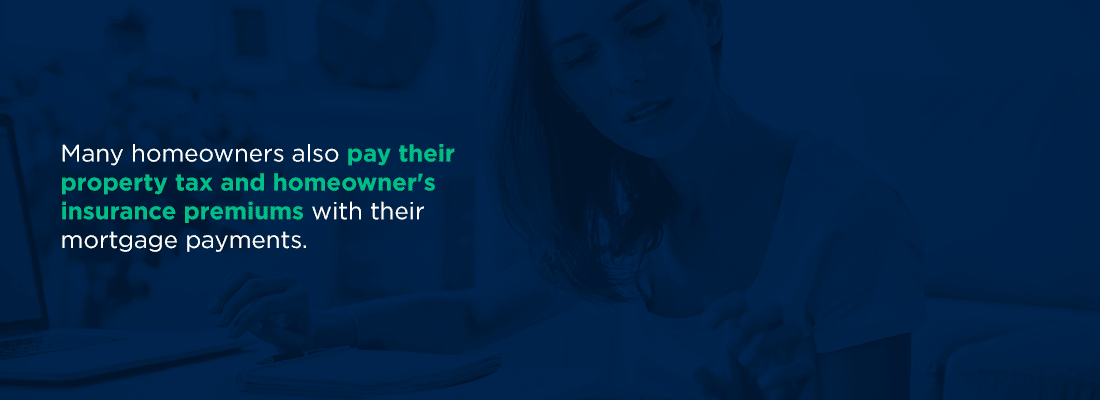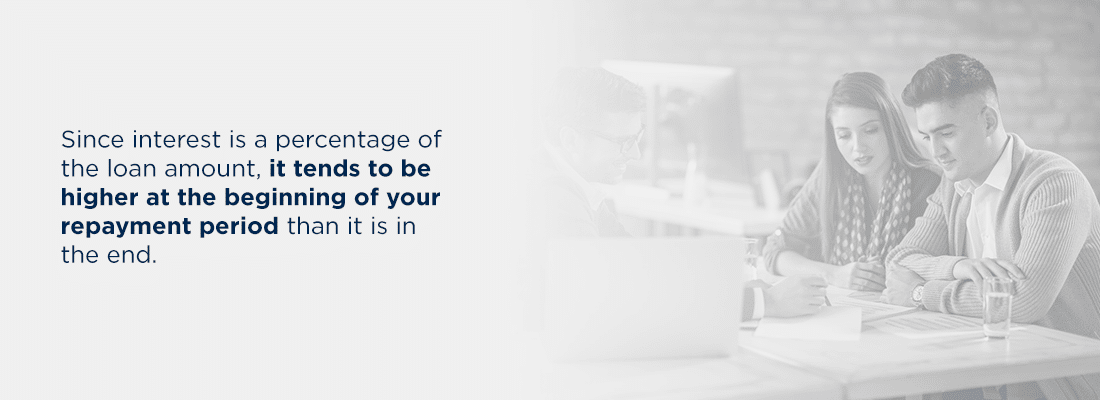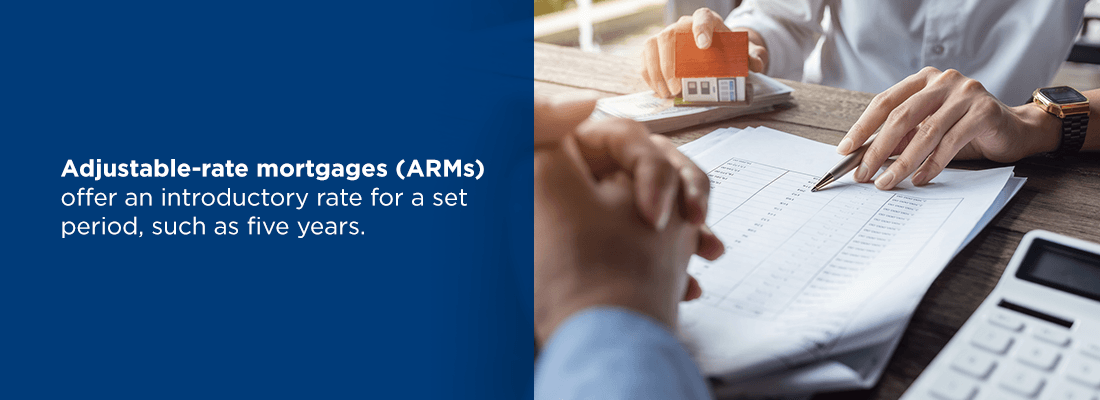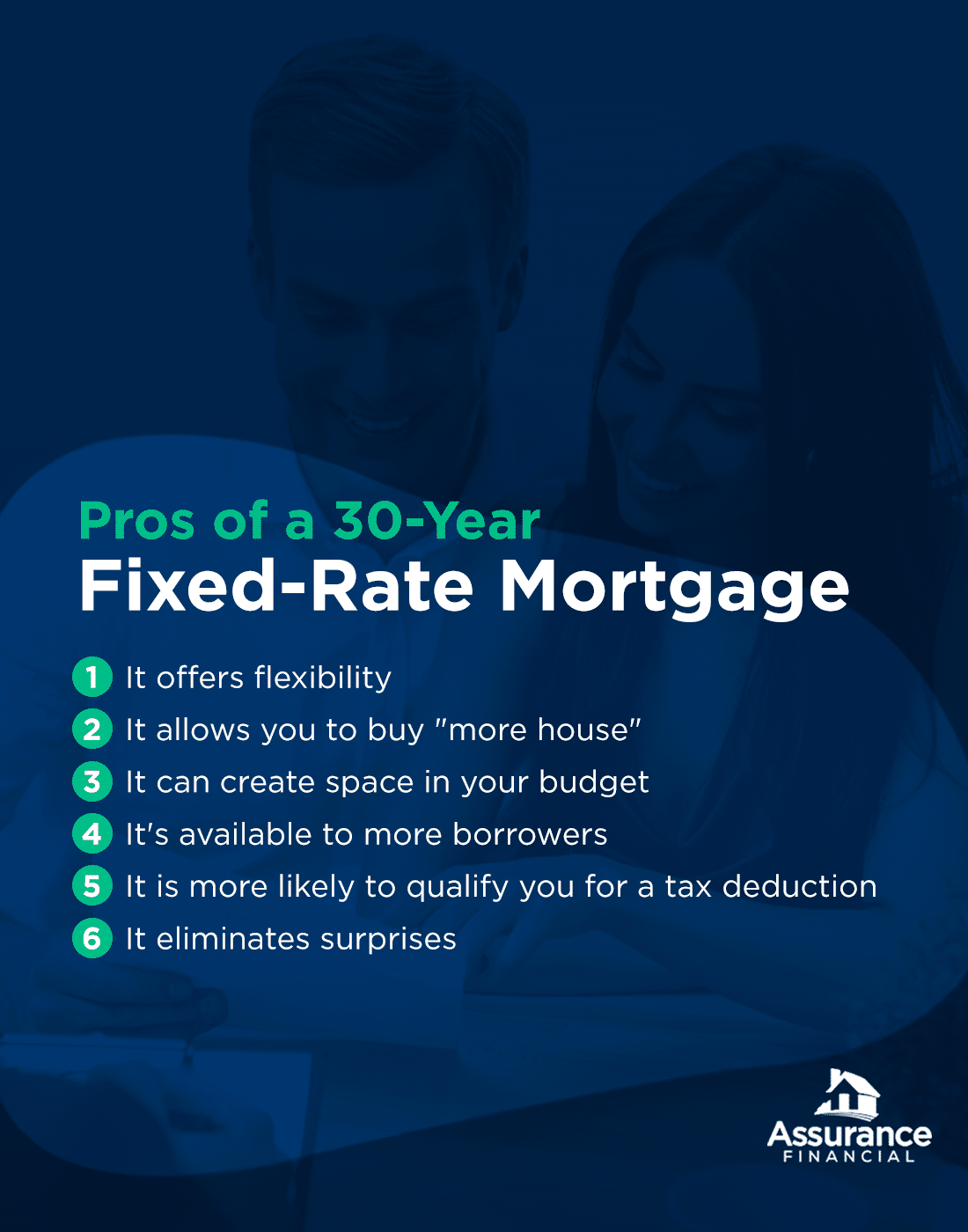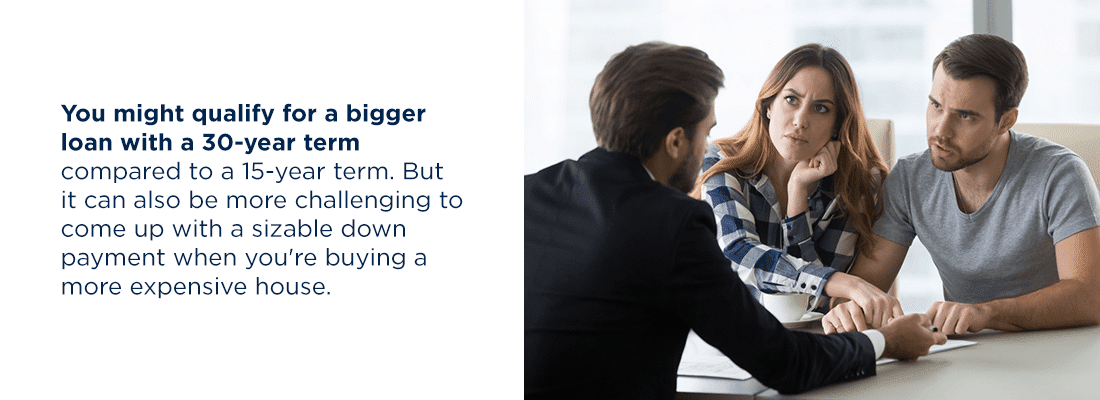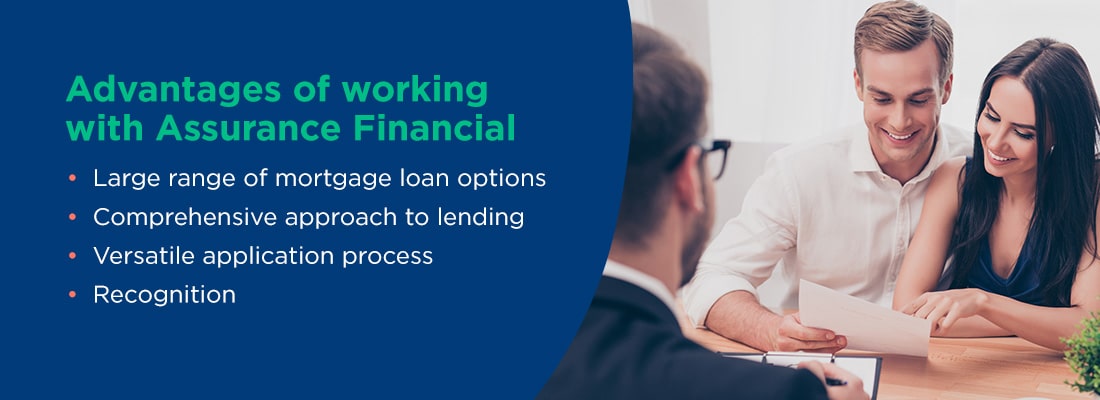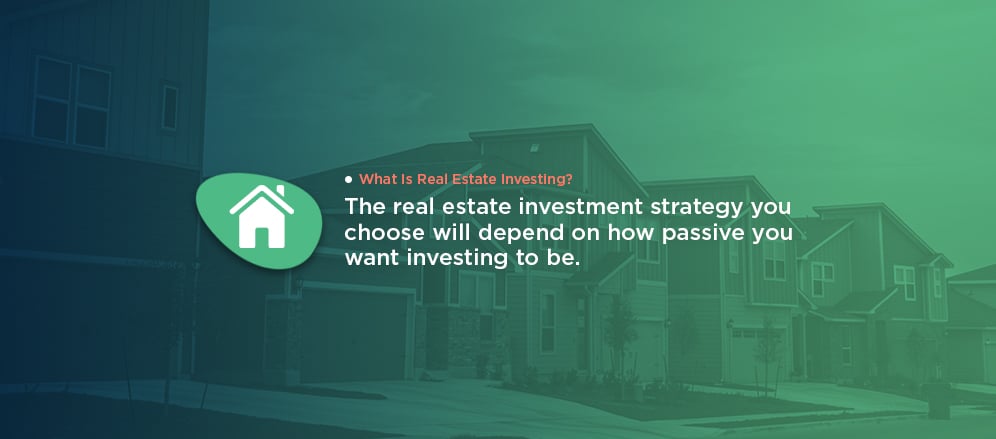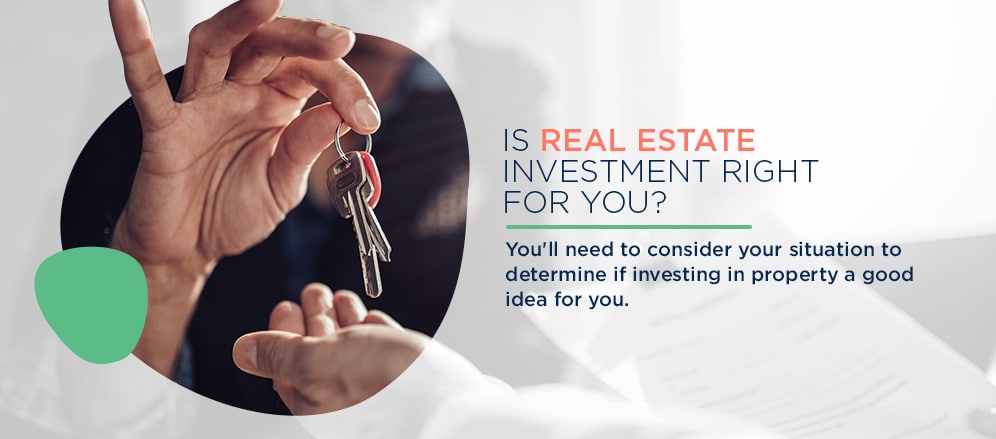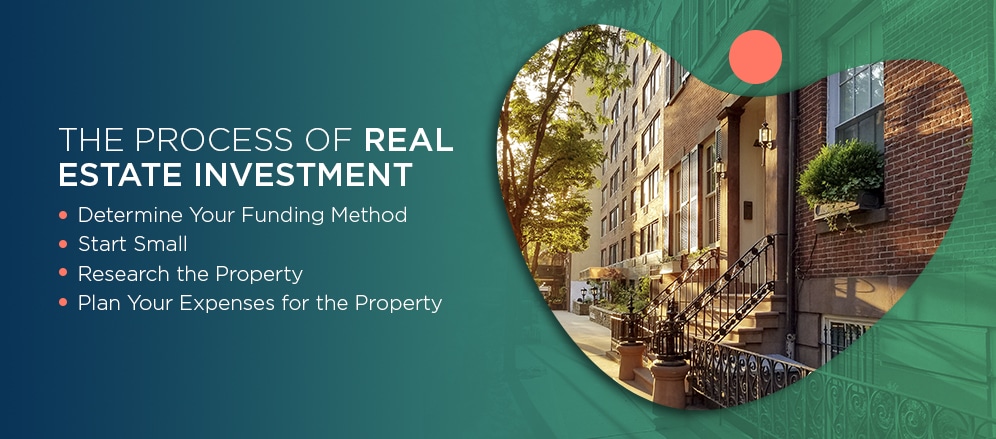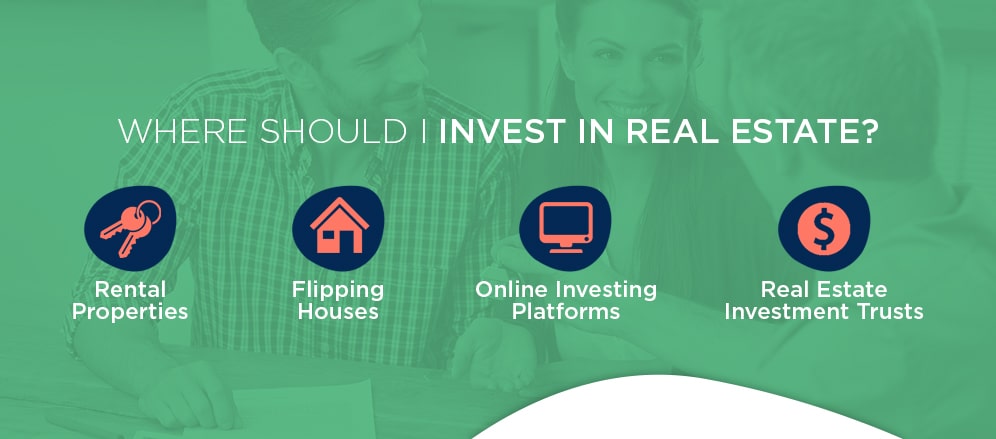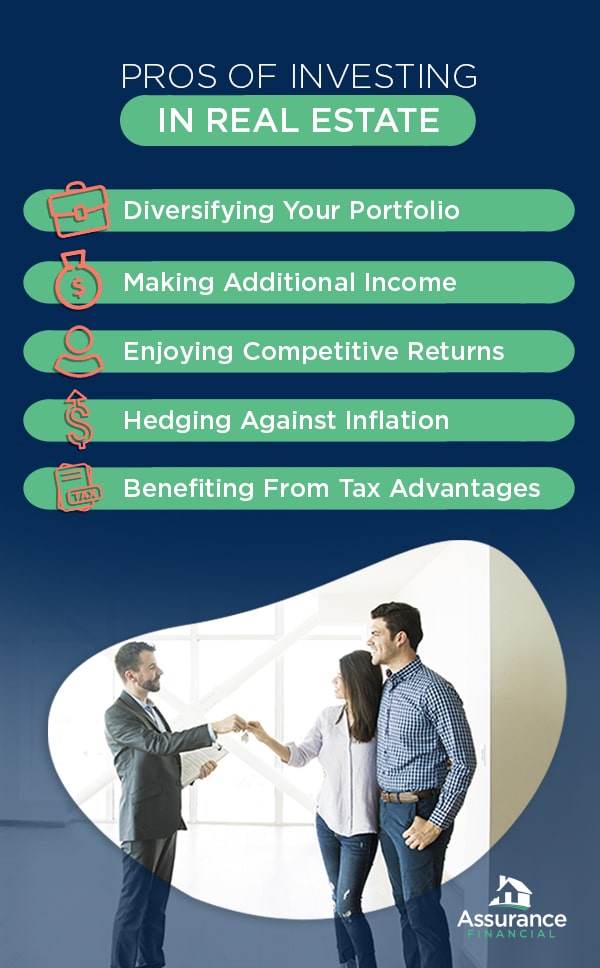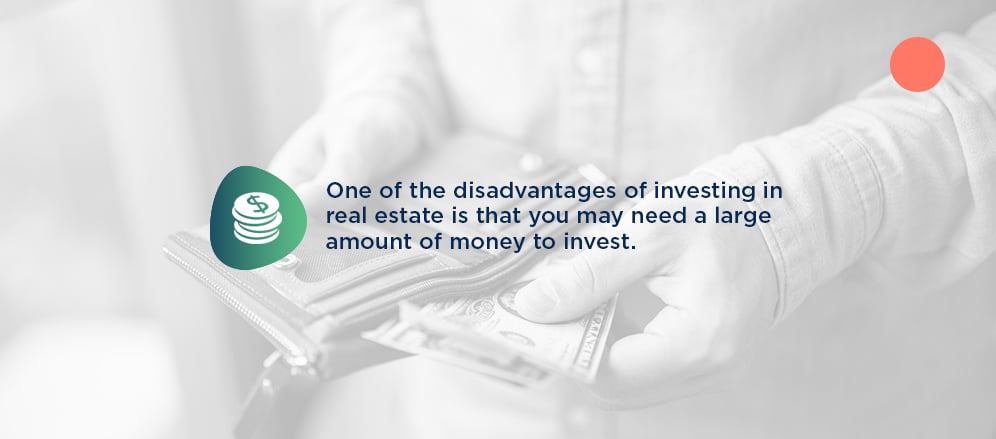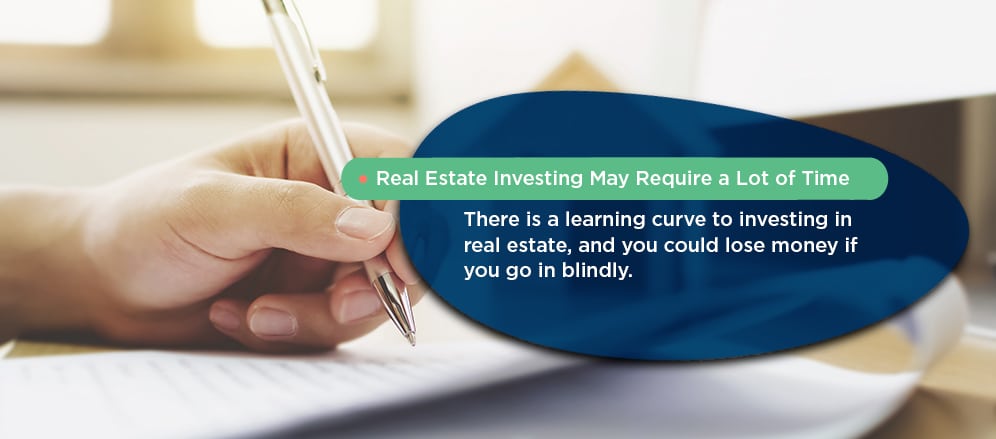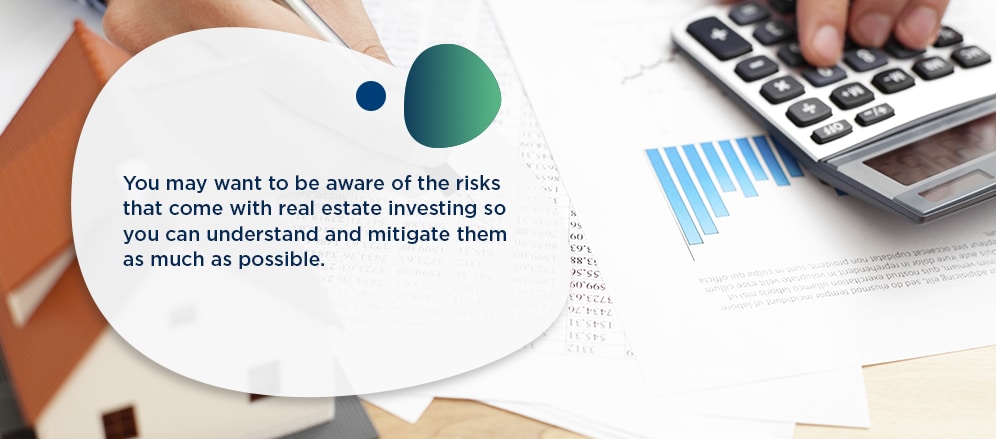Month: June 2020
When you’re shopping for a home, there’s more to consider beyond the number of bedrooms, size of the yard and the location. You also need to think about how you’ll pay for the house. For many homebuyers, that means applying for a mortgage.
Not all mortgages are created equally. Some offer a fixed interest rate, which remains the same throughout the life of the loan. Others have adjustable rates, which can change based on a schedule. Some mortgages need to be paid off within 15 years, and others give you 30 years to pay.
A 30-year fixed-rate mortgage is the most popular option among homebuyers. Learn more about what it means to take out a 30-year home loan, what a 30-year fixed mortgage rate means and whether this loan is the right option for you.
What Does a 30-Year Fixed Mortgage Mean?
A 30-year fixed-rate mortgage is a home loan with a repayment term of 30 years and an interest rate that remains the same throughout the life of the loan. When you decide to take out a 30-year home loan with a fixed rate, the payment you owe each month is the same until you’ve finished paying the loan.
If your first month’s payment is $1,000, your 12th month’s payment will be $1,000, your 36th month’s payment will be $1,000 and so on. If the interest was 5% during the first year of the loan, it would be 5% in year two, year six, year 15 and year 29.
A mortgage rate can either be a fixed interest rate or a variable rate. A fixed-rate does not change while you are paying back your loan, while a variable rate, also referred to as an adjustable-rate mortgage (ARM), can change throughout a loan.
What Is the Average 30-Year Fixed Mortgage Rate?
Many factors influence mortgage interest rates. The average interest rate has risen and fallen over the years as a result of market conditions and other factors. For example, in 1980, the average interest rate on a 30-year home loan was 13.74%. In 2000, it was 8.05% and 20 years later, in 2020, the annual average interest rate was 3.11%. In 2021, the average interest rate increased from 2.74% in January to 3.07% in November. Fannie Mae predicts that in 2022 the average mortgage rate will rise.
Some of the factors that affect mortgage interest rates are outside of the control of the average person. Supply and demand have an effect on rates, for example. When there is a lot of demand for mortgages, interest rates usually increase. When demand is low, rates drop to make getting a mortgage more appealing to consumers.
There are a few factors that influence interest rates that homebuyers can control. The amount of other debt you have can influence your interest rate. If you have a lot of debt already, a lender might consider you a higher risk compared to someone with less debt. To compensate for the additional risk, they are likely to offer a higher interest rate.
Your credit history and score also influence the interest rate on a 30-year mortgage. Usually, the higher your score, the lower your interest rate. If you don’t have favorable credit at the moment, it can be a good idea to work on improving it before you apply for a home loan.
Finally, how much you put down upfront can also affect your interest rate. The bigger your down payment, the less of a risk you seem to lenders. In exchange, they are likely to give you a lower interest rate compared to a person who is making a smaller down payment.
Can You Pay Off a 30-Year Mortgage Early?
Thirty years seems like a long time. If you buy a house when you’re 35-years-old and get a 30-year mortgage, your last payment will be scheduled for right around the time you reach retirement at age 65.
One thing worth knowing about a 30-year mortgage is that just because you can take 30 years to pay it off doesn’t mean you are obligated to do so. Many lenders may let you pay off your loan early. Some do charge a pre-payment or early payment penalty, however. Before you pay extra on your mortgage, double-check to confirm that your lender won’t penalize you for doing so.
If you are interested in paying off your mortgage early, there are multiple ways to do so. If you get paid biweekly, you can try making biweekly payments on your mortgage instead of monthly. Divide your monthly payment in half and pay one half when you get your first paycheck of the month and the second when you get paid the second time. Since there are 26 biweekly pay periods in a year, you’ll end up paying 13 months’ worth of your mortgage rather than 12.
Another option is to add on an additional amount when you schedule your monthly payment. Even paying an extra $100 or $200 per month consistently can shave years off your mortgage.
How a 30-Year Fixed-Rate Mortgage Works
When you apply and are approved for a 30-year fixed-rate mortgage, two things are certain. Your interest rate will not change and your mortgage will be broken down into a series of payments over the course of 30 years. The payments include interest and principal together and remain the same throughout the loan.
Many homeowners also pay their property tax and homeowners insurance premiums with their mortgage payments. If you put down less than 20% of the price of the home, you will also have to pay private mortgage insurance (PMI) premiums until you’ve paid off enough of the principal to equal 20% of the home’s value.
Principal and Interest
The mortgage principal is the amount you’ve borrowed to pay for your home. If you buy a $250,000 home, pay a 20% down payment of $50,000 and borrow $200,000, the $200,000 is the loan’s principal. As you make payments on your mortgage, the principal shrinks.
Interest is the fee charged by your lender for giving you the loan. One way to look at it is the cost of doing business with a particular lender. Just as you might pay a lawyer or a doctor a fee for their services, you pay your lender for their services in the form of interest.
The cost of getting a loan can vary considerably from person to person because of interest. One borrower might be offered a 5% rate on a $200,000 loan, while another borrower might be offered a 3% rate.
Since interest is a percentage of the loan amount, it tends to be higher at the beginning of your repayment period than it is at the end. For example, when you first start making payments on your $200,000 home loan, you are paying 5% interest on $200,000. As you chip away at the principal, it shrinks and so does the interest in proportion.
Although you start out paying more interest than principal on your mortgage and eventually begin paying more toward the principal and less in interest, the payment you are required to make each month remains the same due to something called amortization.
Amortization Schedule
Loan amortization is the process of paying off your debt over a defined period with fixed payments. When a mortgage is amortized, the principal and interest are combined. It differs from other types of mortgage payment schedules because you pay the same amount and know what you need to pay from month to month. In addition to mortgages, other types of installment loans, such as car loans and student loans, typically get amortized.
An example of a mortgage that does not amortize is a balloon mortgage. If you were to agree to a balloon mortgage, you would make small payments each month for a set amount of time. Often, the payments would only cover the interest due on the loan. At the end of the repayment period, the remaining balance is due in full.
When you close on your house and finalize the 30-year fixed-rate mortgage, your lender can provide you with an amortization schedule. The schedule breaks down each payment over the life of the loan and details how much goes toward the interest on the loan and how much goes toward the principal. It also lists the ending balance on the loan at the end of each payment period, so you can keep track of your mortgage as you pay it off. You’ll also find the total amount of interest paid on the amortization schedule. The total interest gives you an idea of how much your mortgage will cost you over time.
Who Needs a 30-Year Fixed Mortgage?
Although 30-year fixed-rate mortgages are the most popular option for homebuyers, they are far from the only choice available. Some mortgages have adjustable interest rates, for instance. Adjustable-rate mortgages (ARMs) offer an introductory rate for a set period, such as five years. At the end of the introductory period, the rate changes based on the market.
An ARM can decrease if rates have dropped or increase if they have spiked. Although an ARM can offer you a lower rate than a fixed-rate mortgage at the start, there is the risk that your rate may increase later on, and with it, your monthly payment.
Thirty years is also not the only term available for a home loan. Some loans have 15-year terms. Less common are 10-year, 20-year or 25-year mortgages. The longer the mortgage term, the smaller the monthly payments are, as you have more time to pay the loan. A person who might struggle to make payments on a $200,000, 15-year loan might find they are comfortable making payments on a $200,000 30-year loan.
A 30-year fixed-rate mortgage can be the right option for you if:
- You live in an area with expensive housing: A 30-year home loan can put buying a home within reach, even in areas where the price of housing is high. Another way of thinking about it is that you can get more house for your money if you get a 30-year mortgage instead of a 15-year loan.
- You want a predictable payment schedule: Your mortgage payment can be predictable if you get a 30-year fixed-rate home loan. The interest and principal payment stay the same for the entire repayment period.
- You want a lower monthly payment: Since you are going to take twice as long to pay down the loan, the monthly payment on a 30-year loan is usually considerably lower than the payment due on a 15-year mortgage, even if the principal balance is the same. Paying less toward housing each month can mean you have more money to put toward other financial goals, such as saving for retirement or for your children’s education.
[download_section]
Pros of a 30-Year Fixed-Rate Mortgage
For many borrowers, the pros of a 30-year fixed-rate mortgage make it worthwhile.
1. A 30-Year Fixed-Rate Mortgage Offers Flexibility
When you take out a 30-year fixed-rate mortgage, you can stick to the amortization schedule provided by your lender or you can choose to pay extra on the loan, reducing your debt and speeding up the process of owning your home outright.
For example, you may decide to pay several hundred dollars more than you owe each month when you have the space in your budget to do so. But if your expenses increase or your income drops, you have the option of paying what’s due on the loan and holding off on making extra payments until you can afford it again.
2. A 30-Year Fixed-Rate Mortgage Allows You to Buy “More House”
You can often afford to buy a more expensive home with a 30-year mortgage compared to a 15-year loan, depending on your income. If you live in an area with high housing costs, a 30-year mortgage can make it easier to buy a home that meets your family’s needs and fits within your budget.
3. A 30-Year Fixed-Rate Mortgage Can Create Space in Your Budget
Since the monthly payment on a 30-year mortgage is often lower than the payment due on a 15-year loan, it can give you some wiggle room in your budget. You can use any additional income you have to pay down your home loan more quickly, or you can choose to save it for a rainy day or for another financial goal.
4. A 30-Year Fixed-Rate Mortgage Is Available to More Borrowers
Depending on your income and other financial circumstances, you might find it easier to qualify for a 30-year mortgage compared to other options. Since the monthly payments are lower for a 30-year compared to a 15-year mortgage, you can qualify for a 30-year loan with a lower income.
5. A 30-Year Fixed-Rate Mortgage Is More Likely to Qualify You for a Tax Deduction
You can deduct the interest you pay on your mortgage from your income each year, but it’s not always the most appropriate option. For itemizing your deductions to make sense, the amount needs to be more than the standard deduction.
In 2022, the standard deduction is $12,950 for single tax filers and $25,900 for married couples who file a joint return. For a head of household, the standard deduction is $19,400. Since you often pay more interest on a 30-year mortgage during the early years of repayment, it can make you more likely to save on your tax bill.
6. A 30-Year Fixed-Rate Mortgage Eliminates Surprises
A 30-year fixed-rate mortgage can be an ideal option for people who like predictability. You know what your payments are, so you can create a dependable budget. You don’t have to worry about costs increasing year after year, so it can eliminate some stress from your life.
Cons of a 30-Year Fixed-Rate Mortgage
A 30-year fixed-rate mortgage does have some drawbacks that are important to think about.
1. You’ll Pay More in Interest
Over the course of 30 years, you are likely to pay considerably more in interest on your mortgage than you would on a loan with a shorter term. For example, if you borrowed $160,000 with a 3.37% interest rate, you would pay $94,726.03 in interest over the 30 years. If you borrowed the same amount with the same interest rate for 15 years, you would pay $44,086.16 in interest over 15 years.
2. Interest Rates Are Usually Higher
You don’t just end up paying more interest over the life of your home loan when you have a 30-year mortgage. You might also have to pay a higher interest rate. Lenders consider risk when they set interest rates. A 15-year mortgage is typically considered a lower risk to a lender, as the term is shorter and there is less of a chance of a borrower defaulting. While 30-year mortgages are very common, they are also considered higher-risk and usually have somewhat higher interest rates.
3. Thirty Years Is a Long Time
Another thing to consider before applying for a 30-year mortgage is that 30 years is a relatively long time. It’s difficult to envision what your life will be like at the end of your mortgage term.
One thing to remember is just because your mortgage will be paid off in 30 years, it doesn’t mean you need to keep the loan for that long. If you can afford to pay extra toward the mortgage, you are free to do so. You can also sell your home before the 30 years is up and use the proceeds from the sale to pay off the mortgage.
4. It Will Take Longer to Build Up Equity in Your Home
Your home’s equity is the difference between the value of your home and the amount you owe on the mortgage. When you take out a mortgage with a shorter term, you pay down the principal relatively quickly, building up more equity in your home. With a 30 year loan, it takes longer to chip away at the principal, meaning you have less equity.
The longer it takes to build up equity, the greater the chance you may end up upside-down on the mortgage if the market takes a hit. When you’re upside-down, you owe more on the home loan than the house is worth.
5. It Can Be Harder to Put 20% Down
You might qualify for a bigger loan with a 30-year term compared to a 15-year term. But it can also be more challenging to come up with a sizable down payment when you’re buying a more expensive house.
For example, you’ll need $40,000 to put 20% down on a $200,000 house. The amount jumps to $60,000 for a $300,000 house. Not having 20% to put down doesn’t mean you can’t buy a house. It simply means you’ll have to pay PMI and you may not get the best possible interest rate.
6. You Might Buy More Home Than You’re Comfortable With
Another thing to consider when getting a 30-year mortgage is that you might end up buying more house than you can take care of or manage. Bigger houses tend to have higher upkeep costs. They also tend to require more care and attention compared to smaller, less expensive homes. For example, if you buy a home with a large yard, someone will need to take care of the yard.
Apply for a 30-Year Fixed-Rate Mortgage
When you find the home of your dreams, your next step is obtaining the right mortgage to fund your purchase. For many homebuyers, a 30-year fixed-rate mortgage is the best option, especially if you can secure a low interest rate and low monthly payments. At Assurance Financial, our team can help you achieve your dream of homeownership, and our services can offer you customized options to cover your home purchase.
We know that every homebuyer has individual needs, and as mortgage experts, we can help you identify the right solution for your unique financial needs. While buying a home is an exhilarating experience, it also requires a firm grasp of your financial situation, a thorough understanding of the terms you’re agreeing to and a long-term commitment to paying back a loan. Assurance Financial can help make sure you don’t run into any unexpected surprises on your homebuying journey and deliver the following advantages when you choose to work with us:
- Large range of mortgage loan options: To serve each of our homebuyers, we offer a variety of loan options, including conventional loans, FHA loans, VA loans and construction loans.
- Comprehensive approach to lending: We complete the entire lending process under a single roof, from application to closing.
- Versatile application process: You can choose whether you want to complete your application online or with the assistance of one of our loan officers.
- Recognition: We are approved by Fannie Mae, Freddie Mac and Ginnie Mae to service and issue mortgages.
If a 30-year mortgage with a fixed rate seems like a good option for you, applying for a home loan can be simple. Get started on your application today or schedule an appointment with a loan officer at a time that works for you.
Many people are turning to real estate investments these days. But how do you know if this is the right investment strategy for you? Is property a good investment now?
Real estate can be a good investment for anyone looking to diversify their portfolio and gain additional income. Though investing in real estate may not be the right option for everyone, many investors can get the most out of investing in real estate by following some simple tips. We have compiled this guide to show you why real estate is a good investment for some.
What Is Real Estate Investing?
There are actually quite a few ways to invest in real estate. While most people tend to assume real estate investing refers to buying rental properties to gain cash flow and appreciation over the long term, there are other ways to make money in real estate investment besides becoming a landlord.
The following are a few other methods of real estate investing:
- Flipping houses
- Wholesaling properties
- Buying and holding rental properties
- Becoming a limited partner in syndications
- Investing in a real estate investment trust (REIT)
The real estate investment strategy you choose will depend on how passive you want investing to be. Investing can be as simple as moving money into a REIT with a click of a button or as involved as flipping houses — which is more like starting your own business than investing in the stock market.
Because real estate investment can take several different forms, investing in real estate can be accessible to many investors regardless of their preferred investment strategy. Whether you want a passive or active investment, real estate investing can be the right choice for you.
Is Real Estate Investment Right for You?
You’ll need to consider your situation to determine if investing in property a good idea for you. Real estate can generate regular passive income for you and can be a long-term investment that increases in value over time. Many investors use real estate investment to begin building their wealth.
However, depending on what strategy you choose, real estate investment can require a significant amount of money and ongoing maintenance. Buying an apartment complex, house or piece of land can be quite expensive. If you purchase a property, you will also need to have enough income or savings to protect you financially from income gaps if you go a few months between tenants.
The Process of Real Estate Investment
Consider the following information you need to know about real estate investment to determine if this investment strategy is right for you:
1. Determine Your Funding Method
Financial experts tend to warn against investors borrowing money to buy investments. You may want to consider whether you can pay with cash before you buy a piece of real estate for investment purposes. If you cannot afford to buy the home with cash, you should at least be able to afford your mortgage payments for the home without rental income.
When you invest in rental properties, there is a chance you may experience high turnover with renters. In fact, you may experience a period of time in which you have no renters for the property. If you cannot afford to pay the monthly mortgage without the rental income, this may become more of a financial burden than an investment. If you cannot pay your mortgage payment, this could damage your credit and cost you more money in the long term.
2. Start Small
Many investors begin investing in real estate by starting small. You may want to start by buying a home with a basement apartment or purchasing a duplex, which can allow you to live in one unit and rent out the other to a tenant. If you are comfortable living in the same building as a tenant, this can be a good way to dip your toe into real estate investment while also mitigating your risk.
When you create your budget, ensure you can live comfortably while paying the entire mortgage without the need for rent payments. If you grow more comfortable with investing in real estate and managing a property, you may want to purchase a larger property that can increase your income potential.
Owning several properties makes it easier to buy and manage more properties, which means you will earn an even greater return on your real estate investments.
3. Research the Property
Doing your research is an important part of the home or land buying process. For example, if you have decided to purchase land to sell at a future date, you may want to research the deed for the land thoroughly. Are there new roads planned near the land you are purchasing? How might this affect the value of the property?
You may also want to determine whether there is a lien on this property. Consider the comparables in the area, particularly if there are any factors that may affect the value of the property. After you complete your research, you can more easily determine whether purchasing this property is the right investment for you.
4. Plan Your Expenses for the Property
Before you purchase a property for real estate investment, you may want to consider the additional costs of owning a property, such as repairs, utilities, taxes, homeowners’ insurance and upkeep.
You may also want to consider going through a rental company that can handle the ongoing maintenance of your property, such as rent collection and repairs. While working with a rental company will cost you money, it can also make owning and managing a rental property easier. If you do not have time to manage the property but you want to use this investment strategy, using an agency may be a good option for you.
When pricing your rental property, consider these fees and additional expenses. You may want to include these expenses in the price of the property to ensure you are fully covered. You may also want to save the surplus income from your first few months of rental property ownership to cover the costs of property repairs.
While every investment comes with some level of risk, you can help minimize your risk by doing your research and planning for the entire cost of a property ahead of time.
Where Should I Invest in Real Estate?
Figuring out where to invest in real estate can be tricky for first-time investors. Here is a list of some common places to invest in real estate:
1. Rental Properties
One way you may choose to invest in real estate is by investing in rental properties in your area or in another part of the country that has a booming real estate market. You may be able to find a property that will have combined expenses that are lower than what you can charge a tenant in rent. If you would rather not manage the property personally, you can hire a property manager to handle the ongoing maintenance for you.
2. Flipping Houses
Another way you may want to invest in real estate is by flipping houses. To flip a house, you first invest in a low-priced property in need of renovations. You can renovate the home as inexpensively as possible and resell the property for a profit. This can be one of the riskiest real estate investment strategies, but the return on investment can also be sizable and it comes as soon as you sell the home.
3. Online Investing Platforms
A more passive way of investing in real estate is by using an online platform. These investing platforms for real estate allow investors and borrowers to connect. Investors can help finance projects for developers through equity or debt. In exchange for paying a fee to use the platform and for taking on a large risk, an investor may receive a quarterly or monthly distribution.
4. Real Estate Investment Trusts
Another area in which you can invest in real estate is in REITs. If you want to invest in real estate but you do not want to deal with physical properties, you may want to consider purchasing REITs. These often pay high dividends, which is why they are a common retirement investment. If you do not want or need regular income, you can reinvest your dividends automatically to grow your investment further.
Pros of Investing in Real Estate
There are several advantages that make real estate a good investment for some individuals — including generating passive income, building wealth, offering tax advantages and building equity. While riskier than other investments, investing in real estate can offer greater returns than investing exclusively in the stock market. The following are the pros of investing in real estate:
1. Diversifying Your Portfolio
Many financial experts encourage portfolio diversification so clients can better manage their risk. If your financial advisor does not encourage real estate investment as part of your investment portfolio, this may simply be because they may not be able to make a commission if you buy and sell a property.
Investing in real estate can be one of the most beneficial ways to diversify your portfolio. You can enjoy greater security with tangible assets as opposed to the more volatile nature of stocks, mutual funds and bonds. Diversifying your portfolio is key to ensuring your financial security. By investing in real estate, you can receive a higher return and lower the volatility of your financial portfolio.
2. Making Additional Income
Another advantage of investing in real estate is that you can make additional income. Whether you enjoy passive income from a hands-off investment or you choose to purchase and manage a property yourself, investing in real estate can offer an additional, stable income that is protected from the volatility of the stock market.
If you want to increase your monthly and annual income, real estate investment can be a great option. Investments that supplement income tend to be less volatile than other investments and can make the difference between struggling during your golden years or securing dependable retirement savings.
3. Enjoying Competitive Returns
Real estate investment can potentially offer more competitive returns than stocks and bonds. You enjoy the returns every year from the passive income generated by the rental property, and you can also reinvest that income by purchasing additional properties or putting this money toward your retirement savings. You may also enjoy an annual appreciation of the property’s value.
4. Hedging Against Inflation
Another advantage of real estate investment is that you are protected from the long-term effect of inflation. Inflation refers to the economic reality of prices increasing over time because the value of money decreases.
Inflation can vary annually and negate the actual returns you get from other investments. However, real estate can be a hedge against inflation, as a property is a tangible asset and real estate keeps pace with inflation. Real estate is inherently limited in supply, which gives properties an intrinsic value and allows values to rise over time along with inflation.
If you have a fixed-rate mortgage on the property, the cost of owning the property will not increase, even as the price of rent increases. Inflation will increase the cost of living, which means your cash flow will increase while your cost of ownership does not. Inflation also increases the value of your property, so it will be worth more when you are ready to sell in the future.
5. Benefiting From Tax Advantages
When you invest in real estate, you may also be able to benefit from a range of tax advantages. When you invest in real estate using money that is in your 401(k) or an IRA, you may be able to buy an investment property or purchase shares of a real estate fund. When you do this, you may be able to collect ongoing income that is tax-deferred until your retirement. On the other hand, you can choose to pay the tax now, as you may be able to enjoy a lower tax rate than you will at retirement.
Even if you choose to purchase and manage a property yourself, you can also benefit from several tax deductions — like deducting maintenance and operating expenses, depreciation or paying long-term or short-term capital gains when you sell the property. You also will not have to pay self-employment tax on the cash flow from your rental properties.
Is investing in real estate worth it? For you, the advantages of real estate investment may make this a worthwhile investment strategy to add to your financial portfolio.
Cons of Investing in Real Estate
While investing in real estate can offer many advantages to investors, there are disadvantages to any investment. These could include the requirement of money and time and the risks that come with investing in real estate. The following are the cons of investing in real estate:
1. Real Estate Investing May Require Money Upfront
One of the disadvantages of investing in real estate is that you may need a large amount of money to invest. As the saying goes, you need money to make money, particularly if you are planning to purchase a rental property.
To buy a property, you may need a down payment and the money to cover closing costs and repairs. When you purchase the property, you will also need to cover ongoing expenses, such as mortgage payments, insurance, property taxes and maintenance. The cost of investing in real estate can be significant, so you may need to save a substantial amount before you are able to invest.
2. Real Estate Investing May Require a Lot of Time
Another disadvantage of investing in real estate is that you may need to invest a lot of your time. Along with managing the property, you may also need to spend your time learning how to invest in real estate and how to manage a property. There is a learning curve to investing in real estate, and you could lose money if you go in blindly. If you choose to manage your rental property actively rather than hire a property manager, this can also consume a lot of your time.
To save yourself time, you may want to hire a service that can manage your rental property for you. This can give you many of the benefits of owning a rental property without requiring a large investment of your time.
3. Real Estate Investing Tax Benefits May Not Apply to You
Unfortunately, tax benefits do not apply to every property owner. At certain levels of income, you may not qualify for certain tax advantages. Before you assume that you qualify for a tax break, you may want to speak with a tax professional who has experience in real estate and can provide you with advice that is specific to your financial situation.
4. Real Estate Investing Comes With Certain Risks
You may want to be aware of the risks that come with real estate investing so you can understand and mitigate them as much as possible. The following are some of the risks of real estate investment:
- Taking on too much debt
- Buying property at the wrong time
- Purchasing the wrong property
- Dealing with a bad tenant
- More liability for accidents that occur on your rental property
One of the biggest risks that investing in property can pose to investors is acquiring too much debt. You may want to ensure that you can make your monthly payments on time even when you are dealing with tenant problems, unexpected repairs, property vacancies, market dips and maintenance costs.
Though real estate investment can come with some disadvantages, the benefits often outweigh the risks for investors. If you are extremely risk-averse, investing in real estate may not be the right investment choice for you. If you are comfortable with taking on some risk in your investment strategy, real estate can be an excellent investment option for you.
Contact Assurance Financial to Start Investing
Assurance Financial was established in 2001 to service the loan industry. Our full-service, in-house team supports our branches and gives our loan officers the flexibility they need to serve their customers and territories. We service your loan from beginning to end to save you time. As The People People, we’ll provide you with the care you need every step of the way. At Assurance Financial, we can help you choose the right mortgage for your real estate investment.
Ready to start investing? Get in touch with Assurance Financial or apply for a loan with or virtual assistant Abby today.
Sources
Assurance Financial Expands to
Dallas, Texas Area
BATON ROUGE, LA – June 10, 2020
Assurance Financial is now in the Dallas, Texas area, expanding its reach and lending ability in the southwestern region of the country.
The new branch will be manned by Julie Perkins, branch manager, and Mason Clinesmith, loan officer. Julie Perkins joins Assurance Financial with nearly 10 years of mortgage industry experience, and she is ready to jump in and help our borrowers close on the homes of their dreams.
“I am so excited to work with all of the technology at Assurance Financial, and to be able to offer it to my borrowers. I look forward to helping them close their loans on time, every time,” said Perkins.
Being a lender in the digital mortgage movement, Assurance Financial offers a 15-minute online application that borrowers can easily complete on their mobile device. Also, their lightning-fast closings include the ability to preview and sign closing documentation before the closing.
“Assurance Financial intends to continue growth even in light of the recent pandemic as our strength lies in liquidity and nimble servicing due to our technological advancements,” says Kenny Hodges, President and CEO.
Based out of Baton Rouge, La, Assurance Financial boasts licenses in 44 states.


